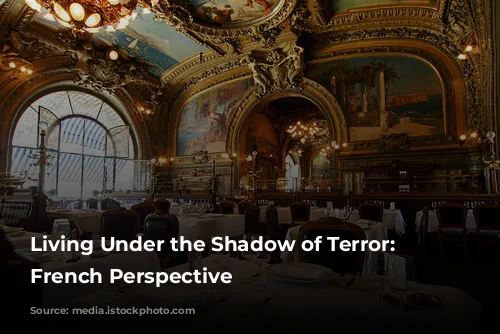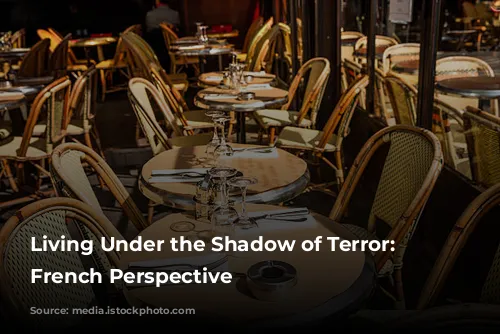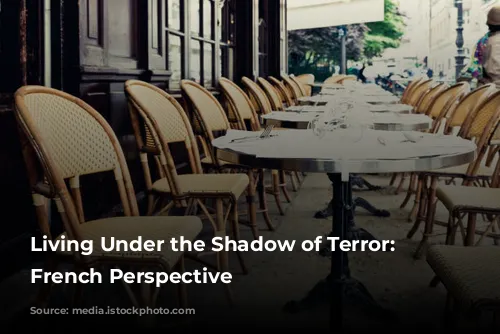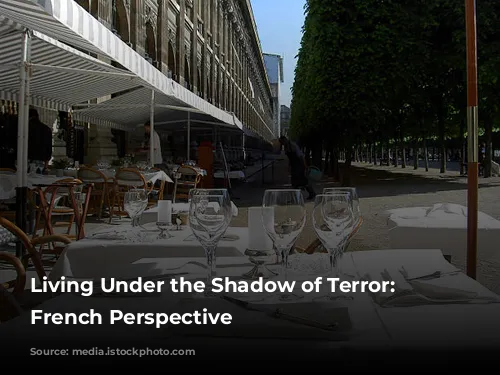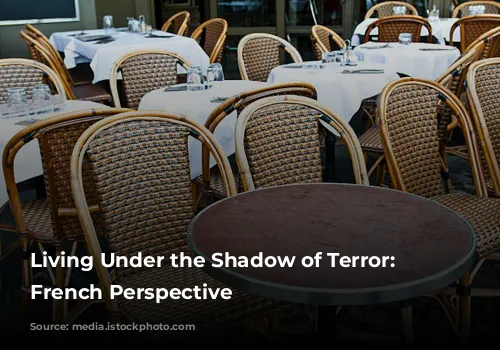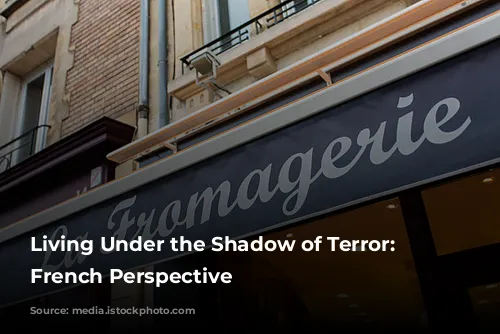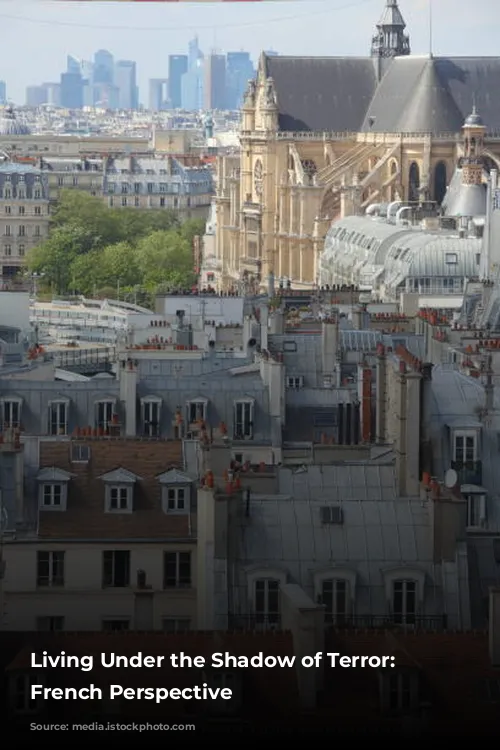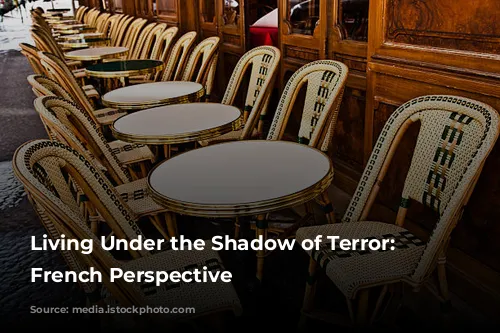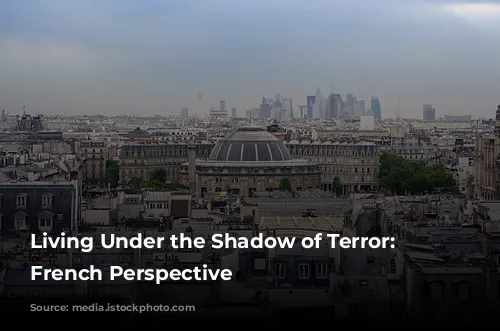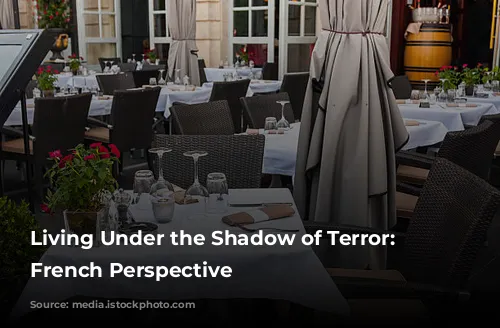In France, the specter of terrorism has cast a long shadow over our lives. For years, the threat of an attentat (terrorist attack) has become so pervasive that a state of emergency has become the norm. This isn’t some distant, theoretical danger; it’s a constant presence that shapes our daily routines and interactions.
The French government has a national security plan, known as Vigipirate, which assesses and manages the risk of terrorist attacks. This plan categorizes the threat level using a color-coded system, ranging from the mild yellow alert to the highest red alert. Each level triggers specific security measures, including increased police and military patrols in sensitive locations such as subways, train stations, and other public places.
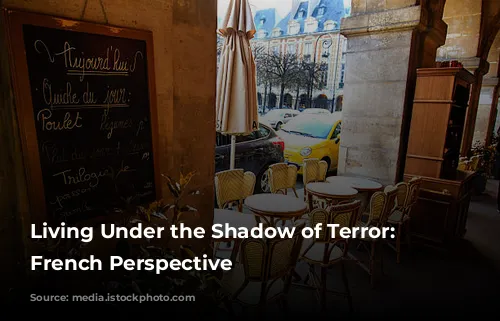
The Everyday Impact of Terror
What does this mean for everyday life? It means metal detectors in government buildings, closed public restrooms, and the removal of garbage bins from street corners and train stations. School trips are often canceled, and armed police patrol the streets of major cities. The presence of security measures, while intended to keep us safe, can also create a sense of unease and anxiety.
I remember the summer of 1995, when France was hit by a wave of terrorist attacks. It was my first experience living in a country under a constant terrorist threat. My young children, Madeline and Elliott, were just starting school. The fear was palpable, and we were constantly on edge. My husband traveled frequently to Paris on the high-speed train, adding to the anxiety.
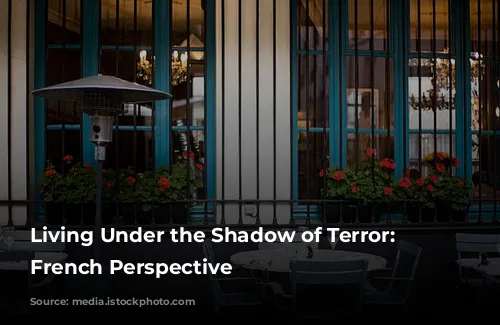
A World of Suspicion
Our apartment in Lyon was located in a busy area, just blocks away from a fire station with sirens blaring constantly. The narrow streets of our neighborhood were packed with cars, each one a potential bomb. We were warned to be vigilant, to watch for abandoned bags in public places. I found myself scrutinizing garbage bags piled by the curb, fearing the worst. If someone left a suitcase outside a shop, my heart raced, and I was ready to call the police. My husband joked about my paranoia, but it was hard to shake the feeling that danger lurked around every corner.
That summer, a gas bottle exploded in a Paris Metro station, killing eight people and injuring 80. Bombs were also detonated at the Arc de Triomphe and on the TGV train line. In Villeurbanne, near Lyon, a car bomb exploded in front of a Jewish school, thankfully after the children had been kept late. A young Algerian named Khaled Kelkal, linked to the attacks, was shot and killed by the GIGN, an elite paramilitary force. His fingerprints were found on the homemade bombs, similar to those used in the Boston Marathon bombing.
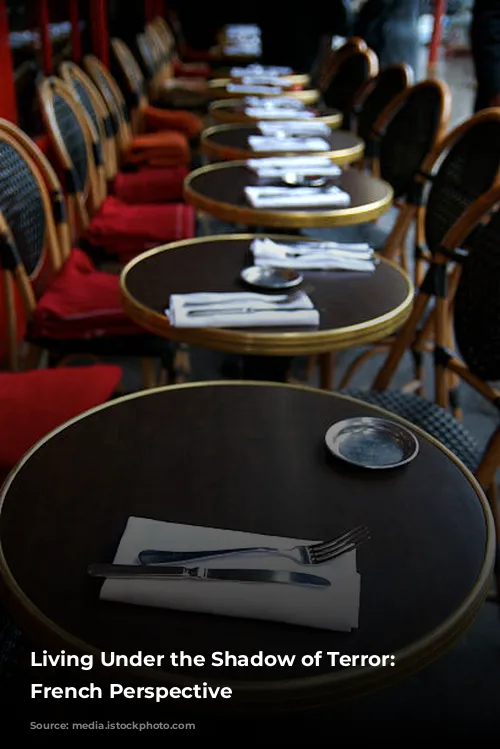
Navigating the Landscape of Security
The sight of weapons doesn’t make me feel safe. They are meant to be used, and I can’t help but think about who might get caught in the crossfire. It’s a stark reminder of the fragility of life and the ever-present threat of violence.
I’ve also learned to navigate the different levels of French law enforcement. The French don’t use the word “police” in a generic way, as I mistakenly did at first. I soon learned that the flics are municipal employees who give out traffic tickets and tell you to move on if you’re loitering. In Paris and other major cities, the National Police (CRS) are responsible for identity checks and traffic control. Then there are the gendarmes, who are actually members of the military deployed to protect highways, regions, and smaller towns.
When things get really serious, the GIGN (Groupe d’Intervention de la Gendarmerie Nationale) is called in. This special operations unit is trained to handle counter-terrorism and hostage rescue missions. They wear masks to keep their identities secret. The GIGN represents the ultimate line of defense against the most dangerous threats.
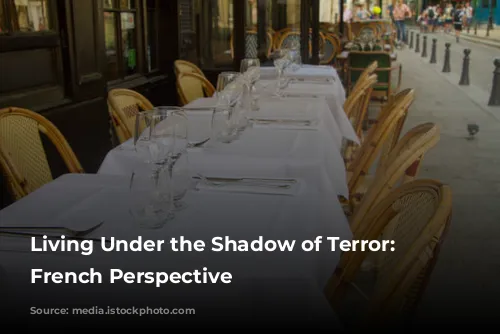
Living in a State of Constant Vigilance
Since the Boston Marathon bombings, France has once again elevated its security status to rouge renforcé (reinforced red). According to President Hollande, this is not an unusual measure. Given the French intervention in Mali, its position on Syria, and its involvement in the war in Iraq, France remains on high alert. This constant state of vigilance has become the new normal, a reality that has woven itself into the fabric of French life. The threat of terrorism is always present, a constant reminder of the fragile peace we enjoy.
